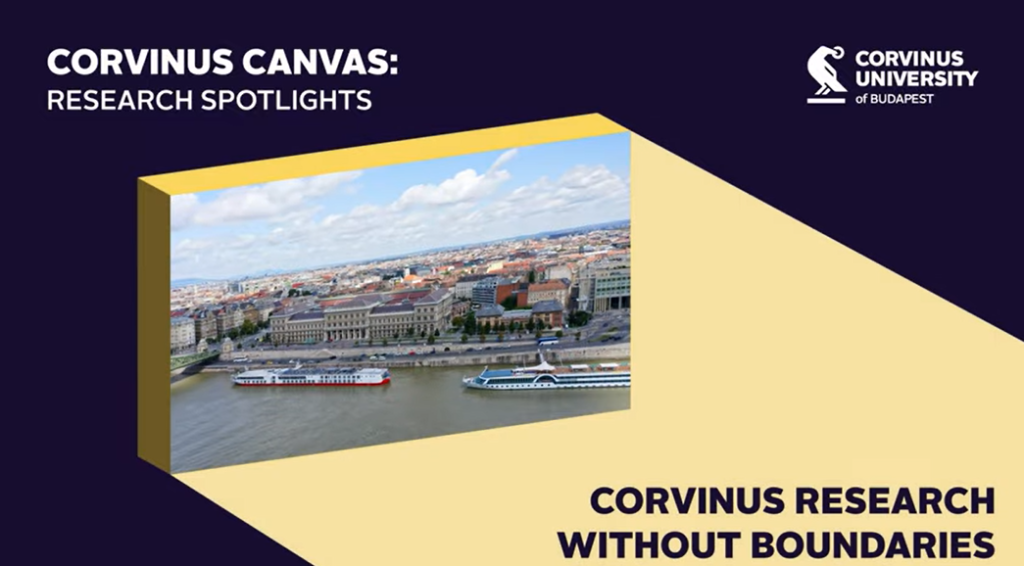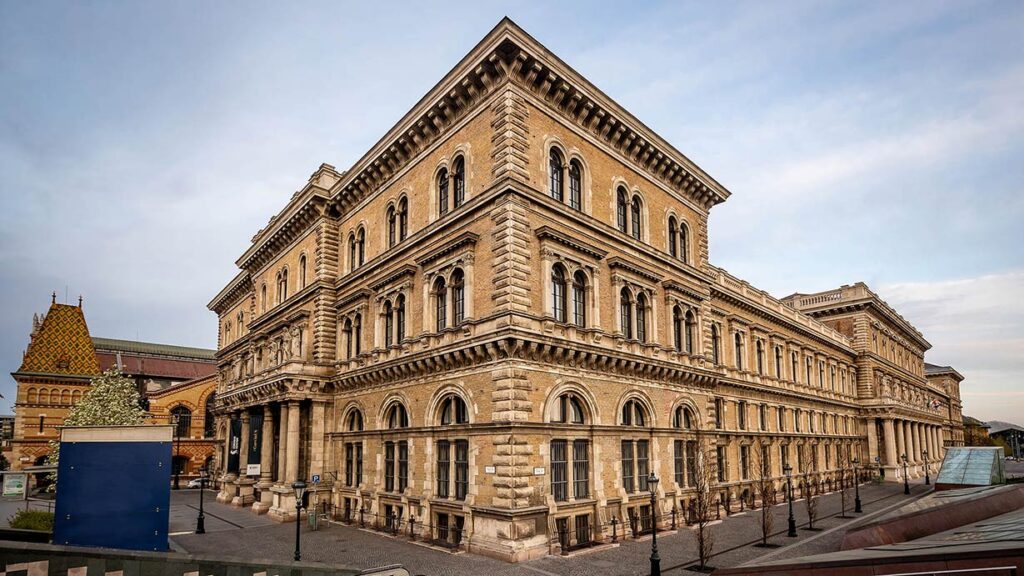Center for Collective Learning
OUR RESEARCH FOCUS
The Center for Collective Learning is an interdisciplinary research group based at the Corvinus University of Budapest and at the University of Toulouse exploring questions of economic complexity, city science, and organizational mapping. The Center for Collective Learning team’s mission is to develop knowledge and tools enhancing our understanding of the spatial and temporal organization of knowledge.
Latest project – Understanding political divisiveness using online participation data from the 2022 French and Brazilian presidential elections
Digital technologies can augment civic participation by facilitating the expression of detailed political preferences. Yet, digital participation efforts often rely on methods optimized for elections involving a few candidates. Here we present data collected in an online experiment where participants built personalized government programmes by combining policies proposed by the candidates of the 2022 French and Brazilian presidential elections. We use this data to explore aggregates complementing those used in social choice theory, finding that a metric of divisiveness, which is uncorrelated with traditional aggregation functions, can identify polarizing proposals. These metrics provide a score for the divisiveness of each proposal that can be estimated in the absence of data on the demographic characteristics of participants and that explains the issues that divide a population. These findings suggest that divisiveness metrics can be useful complements to traditional aggregation functions in direct forms of digital participation.
During the research, the authors used primary data collected during the French and Brazilian elections using an online platform. The participants in the anonymous experiment stated that – according to their own opinion – they consider themselves to be supporters of the political right or the left, and also stated the extent to which they support each item from the program of the starting parties (e.g. introduction of free school meals, LGBTQ+ rights, etc.)
The authors examined the received data from several points of view, e.g. what are the connections between the supported causes and the demographic group of the voters.
MEMBERS
Head of Research Center
PUBLICATION HIGHLIGHTS
Hidalgo, C. A. (2023). The policy implications of economic complexity.
Research Policy, 52(9), 104863. 10.1016/j.respol.2023.104863

Navarrete C, Macedo M, Colley R, Zhang J, Ferrada N, Mello ME, Lira R, Bastos-Filho C, Grandi U, Lang J, Hidalgo CA. Understanding political divisiveness using online participation data from the 2022 French and Brazilian presidential elections.
Nat Hum Behav. 2024 Jan;8(1):137-148. doi: 10.1038/s41562-023-01755-x.

Commun Earth Environ 4, 130 (2023).
EPJ Data Sci. 12, 34 (2023).
IMPACT
“At the CCL we connect researchers, businesses and policy makers to bring us closer to a prosperous, fair and sustainable society.” Runs more projects, like the Rankless, that is a data exploration platform that allows you to explore the impact of universities without the need for rankings. All universities make impact that is specific to the the topics they specialize in and the geographies they inhabit. If you want to understand academic impact, you need to explore more and rank less.




